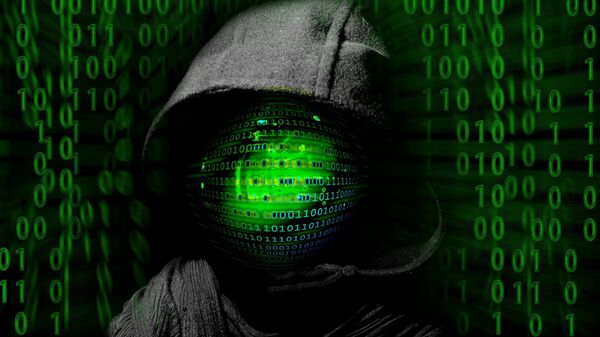Brig. Gen. Charles L. Moore Jr., Joint Chiefs of Staff deputy director for global operations, told the House Armed Services Committee that, "We don’t have the scale or the complexity to truly represent a realistic and relevant threat, the ones that we’re truly trying to train to."
One lawmaker asked CC deputy commander Lt. Gen. James K. "Kevin" McLaughlin if his forces were equipped to respond to an attack on US network infrastructure. McLaughlin responded, "I would not be able to say I’m confident we would be able to respond to all of those. Control systems are different than platforms like airplanes and tanks, which are different from networks."
This will soon change as the CC is building what it calls a Persistent Training Environment (PTE) to function as a sort of digital shooting gallery that can house a wide variety of devices, networks, systems and other participants to better simulate realistic attack scenarios.
After last year’s Cyber Guard, Coast Guard Rear Adm. Kevin E. Lunday said that the ability to train constantly in a PTE will be critically important.
"[For] some of the teams, this is the first time they’ve ever done anything like this," he said. “What these teams really need … is to have a persistent training environment that we can do this kind of exercise in a closed, simulated network with a live opposing force. We need to be able to do that all the time, day after day after day, in order to be really ready for this, rather than just once or a few times a year."
Cyber Command finalized an exercise last Friday called Cyber Guard, which asked 800 representatives from the Department of Homeland Security, Department of Defense (DoD), FBI and corporate organizations to simulate a response to a major attack on US civilian internet infrastructure.
A fact sheet on the DoD website says the exercise was attended by "Cyberspace and critical infrastructure operators and experts from more than 100 organizations, spanning government, academia, industry and allies…US Cyber Command, the Department of Homeland Security (DHS) and the Federal Bureau of Investigation (FBI) co-led the exercise, hosted by the Joint Staff in a state-of-the-art facility in Suffolk, VA designed to support a wide range of military tests and exercises."
When a wide-ranging cyberattack happens in the US, CC will be the primary agency responsible for defense, under the supervision of the US Northern Command, who, in turn, is under the supervision of the DHS.




